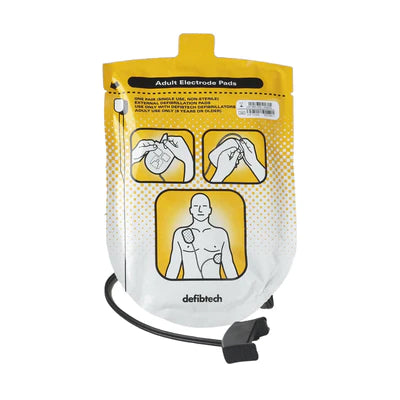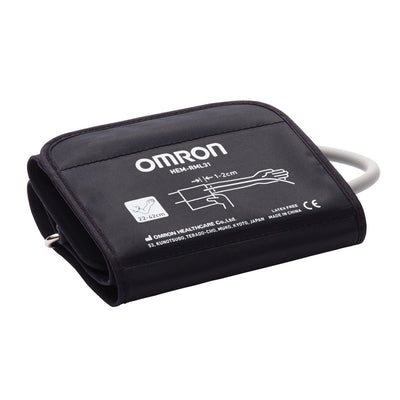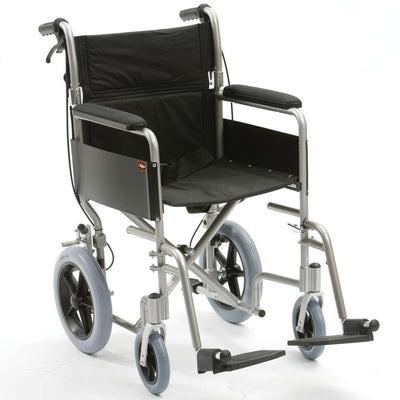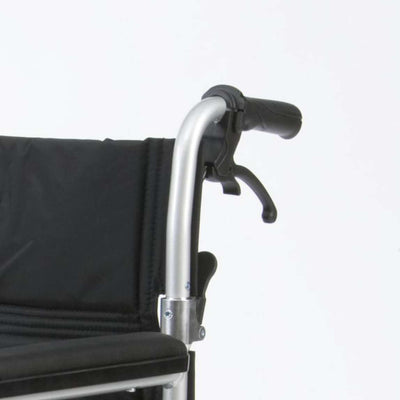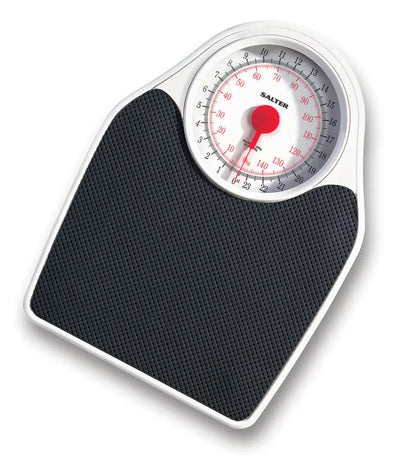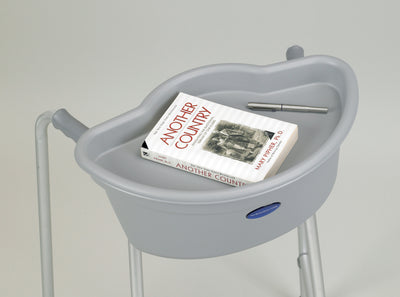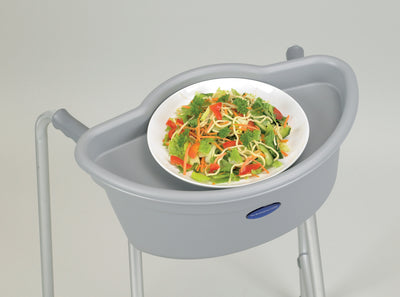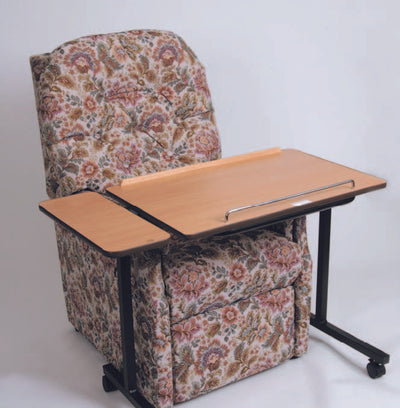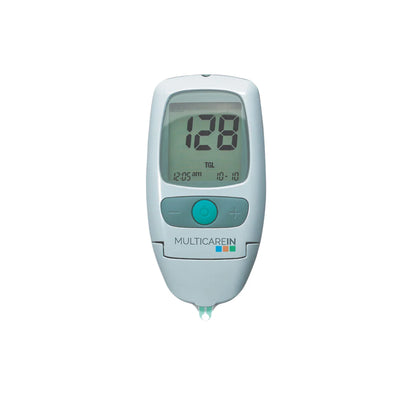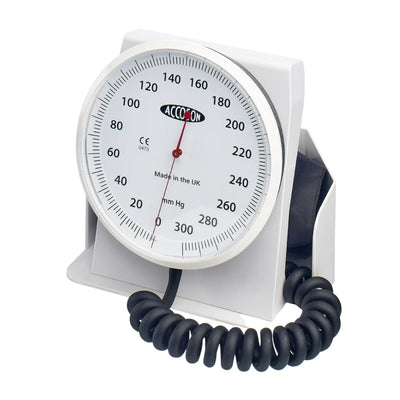Blogs
Navigate life's stress with resilience and self-care for a healthier, balanced well-being.

Managing stress and anxiety during lockdown
12.02.2024
Managing stress and anxiety during lockdown
Anxiety and stress can affect people in different ways and it can be triggered by a huge variety of situations - ill health, loss of work, relationships and external news and global events. Right now, we citizens of the world are united in being affected by a global pandemic, with very few nations having avoided being impacted by the virus. It's no surprise then, that stress and anxiety levels have been rising across the world and, since the outbreak of the Coronavirus, 84.9% of adults have reported that they've felt anxious as a direct result of the pandemic.Why do we suffer from anxiety at times like this?
It boils down to lack of control and uncertainty over events and situations in our lives. The human brain simply isn’t wired to tolerate uncertainty or unknown scenarios. It is, however, very good at staying alert to potential threats - and this alertness uses a lot of energy.We're constantly making judgements and updates on what is safe and what is not about the world around us - that's natural. But, in times like these, when the threat (Covid, or its impact on our daily lives) is unseen or unknown, then our brains struggle to adjust to keep us safe, so it assumes the worst and as a consequence it brings on a natural state of stress and anxiety.How do we manage this anxiety?
It's all but impossible to stop our brains from reacting to unknown situations in this way (and in fact it's avery useful, natural response that does keep us safe). However, we can control how we respond and manage our lives when we enter this state of 'fight or flight'.Now more than ever, it's important to find some practical solutions to managing your anxiety and adopting some simple steps like these will help to improve your overall emotional and physical wellbeing:
Accept your feelings. Rather than trying to change your feelings with action, try becoming comfortable with them. Try writing your thoughts down on a notepad. Often the process of writing allows them you to feel like you've passed those difficult feelings on and it can help you to understand and manage them more clearly.;
Focus on the things you CAN control and ignore the rest. Now is not the time to dwell on things you can't control - you might be desperately dreaming of going on a great holiday, or of visiting family or even of scheduling in some elective surgery or medical treatment. When you can't change the 'bad' things, it's time to focus on changing the and improving the 'good'. Take control of a few small things in your everyday life - healthy meal planning, exercise, reading or creating. Establish routines to give your days and weeks some comforting structure.
Reach out for support. In times like these it's a good bet that the anxiety and fear you are feeling is being shared by many friends, family and neighbours around you. It's normal to feel worried, scared or helpless during uncertain times, and in a global pandemic we can take some comfort, perhaps, in knowing that we're not alone in our concerns. As with all forms of mental health concerns, it is ALWAYS OK to share your concerns with others you trust – and doing so may help them too. If you cannot speak to someone you know or if doing so has not helped, there are plenty of helplines you can try instead.
Need more support? We're always here to help.
For all your Medical and Homecare supplies give us a call at Mediworld.We have over 40 years experience in medical, surgical and home health supplies and we're always on hand to chat if you need support or advice. Follow us on Twitter and Facebook.
Learn More Now

3 Easy Ways to Reduce Cortisol Levels
27.12.2023
Cortisol, better known as the stress hormone, is released by the adrenal glands when we find ourselves in stressful or frightening situations. It triggers the ‘fight or flight’ system and is an incredibly useful & natural response that helps to keep us safe.
However, when cortisol levels are too high for too long, the excess presence of this hormone can begin to cause us harm itself.
Over time, too much cortisol can lead to an array of health issues such as weight gain, high blood pressure, diabetes, heart disease, insomnia or difficulty sleeping, mood irregularities, and low energy levels.
Finding natural ways to reduce cortisol can help to keep our health in check.
What Happens when Cortisol is High
Elevated cortisol levels can cause a number of serious health issues including:
Chronic diseases like high blood pressure, heart disease, type 2 diabetes and osteoporosis
Increased appetite and weight gain as cortisol signals the body to shift metabolism to store fat (as in times of famine)
Lack of energy, difficulty sleeping, lack of concentration - high levels of cortisol work to keep us in a hyper alert state
Impaired immune system. Increased cortisol can hamper the immune system, making it more difficult to fight infections.
Cushing’s syndrome, which is rare but serious if not treated.
Our bodies are not designed to be in a constant state of high alert, or fight or flight. Although, for most of us, the life-threatening dangers that our cave-dwelling ancestors faced are no longer a concern, the stresses of modern life can stimulate cortisol production and many of us can find ourselves living with a stressed body and system.
Thankfully there are ways to reduce your cortisol levels without resorting to medication.
Prioritise your Sleep
Practicing good sleep hygiene can help to keep cortisol in a normal rhythm. Keeping a consistent sleep schedule, avoiding caffeine 6 hours before bed, and avoiding TV and screens right before bed are effective strategies.
Get used to a good sleep routine that works for you.
Be strict about keeping a regular bed time.
Create a restful environment and make your bed as comfortable as possible with a good pillow, mattress, duvet and perhaps a warm electric blanket for the colder months.
Try some light massage, meditation or breathing to relax the body and mind before bed.
Sleep is, for good reason, one of the most powerful 'drugs' we can use for good health and wellbeing so we should be very serious about prioritising it on a daily basis.
Exercise - but don’t overdo it
Regular exercise is known to help manage stress, anxiety and to promote healthy bodies and minds. Exercise is also a fantastic diluter of cortisol levels.
But, during intense exercise (as with when our cave-dwelling ancestors were running away from predators) our cortisol levels increase. Extra cortisol is very handy when exercising as it helps the body to coordinate and focus on the demanding task in hand. Cortisol levels will reduce shortly after the intense burst of exercise is over.
But, during intense exercise (as with when our cave-dwelling ancestors were running away from predators) our cortisol levels increase. Extra cortisol is very handy when exercising as it helps the body to coordinate and focus on the demanding task in hand. Cortisol levels will reduce shortly after the intense burst of exercise is over.
However, if we are overdoing intense exercise our body will have fewer chances to return to ‘relaxed’ mode and will remain in a state of high alert with higher levels of cortisol running around the system.
So, follow the guidelines for an active life and aim for around 150-200 minutes of low to moderate intensity exercise each week and be sure to let your body relax and recover between sessions.
Eat a Healthy, Nutritious Diet
It’s less well known that some, less healthy foods can elevate our anxiety and cortisol levels. Highly sugared and processed foods can have a negative effect on cortisol levels. So if you’re living on an unhealthy diet, you might well be living in a constant state of increased anxiety and over-alertness as a result.
fill your plate with gut-friendly, nutrient-dense whole foods like fruits, vegetables/legumes, whole grains/lentils and good fats to keep your cortisol levels in check. Green tea has a calming compound which has been linked to stress reduction and, thankfully, dark chocolate is great for levelling the adrenal glands and reducing cortisol release - so you can enjoy treats, in moderation too!
If you’re looking for a natural way to reduce your cortisol levels and overall stress, be sure to try the simple lifestyle tips above.
Need more help? We're always here to help so get in touch today.
For all your Medical and Homecare supplies give us a call at Mediworld.
We have over 40 years experience in medical, surgical, mobility and home health supplies and we're always on hand to chat if you need support or advice and don't forget to read our other great health blogs!
March 2023
Learn More Now

Easy Breathing Techniques for Stressful Times
12.02.2024
April is Stress Awareness Month in the UK and as we begin to ease our way out of most lockdown restrictions it’s probably a very good time to do a quick stock take of our state of mind and, sometimes out of control, stress levels. In a year where the Covid pandemic has caused an enormous spike in cases of poor mental health, being able to recognise and ‘catch’ ourselves before our stress levels begin to become too high is a very useful tool to have in our mental health armoury.
Whether it be work getting on top of you, feeling hemmed in by isolation (whether physical or social), an increased concern over health and the implications of going back to some kind of normal life, there are many reasons why our stress levels could begin to creep up just now.
So, take a moment. Have a go at this quick and easy breathing exercise and learn how you can start to take control of your feelings before they escalate into difficult to manage stress.
A Simple Breathing Exercise
This exercise can be done anywhere and takes just a few minutes. Ideally, once you’ve practised it a couple of times you’ll want to incorporate it into your daily routine - perhaps starting the day with it or using it as a relaxing tool to help with easing anxiety and stress at the end of the day.
Get Comfortable
Make yourself comfortable. Stand, sit in a supportive chair, lie on a bed or on the floor with a yoga mat.
Feel free to wear loose clothing but as long as you can breathe easily and feel comfortable anything will do.
If you’re lying down take a moment to place your arms a little bit away from the side of your body and face the palms up towards the sky. Your legs can be straight or bent, whichever is most comfortable for your back
If you’re sitting, place your hands on your lap facing up or if it’s more comfortable you might want to rest them on the arms of the chair.
If you’re standing, place your legs and feet hip width apart.
And Breathe
Take a moment to still your breath. Close your eyes if you find this easier to shut out external stimuli.
Begin by taking gentle, regular breaths through your nose and out through your mouth. It can seem a little difficult at first but give it a few breaths and you should soon settle into it.
Breathe gently and feel the breath flowing slowly and deeply into your belly.
Begin to Count
Once your breath is settled down start to count steadily from 1 to 5 with each breath. Don’t worry if you don’t get as far as 5 at first.
Without pausing or holding your breath, let it flow out slowly and gently, again counting to 5 if you can.
Continue doing this exercise for 3 to 5 minutes.
Enjoy the feeling of relaxation you’ve just created for yourself!
Why Breathing Exercises Work
Deep breathing techniques are long associated with calming stress, anxiety and even fear, but how do they work?
Often when we’re stressed or anxious, or bodies will go into their ‘fight or flight’ mode, preparing for battle or action that they need to be fully awake and adrenalised for. The body will send blood away from the brain and into our extremities to make sure our arms and legs are in top condition for use.
In the modern world, very few of our stresses are caused by impending physical danger from marauding gangs. In contrast most of them are stresses that absolutely require clear and present thinking, so the body’s natural process of sending blood away from the brain is in fact very counter-productive to alleviating the problem.
When we settle our bodies and engage in the process of deep breathing, we’re telling our body that we want the blood to be diverted back to the brain. As a result we begin to come out of the highly adrenaline-filled fight or flight mode back into a more conducive, clear and calm state, better for thinking clearly and in turn removing many anxieties and stress.
Need more help for stress relief? We stock these fantastic stress squeeze balls and a range of massage guns and foot spas to help with easing daily stress and anxiety.
We're always here to help so get in touch today.
For all your Medical and Homecare supplies give us a call at Mediworld.
We have over 40 years experience in medical, surgical, mobility and home health supplies and we're always on hand to chat if you need support or advice. Follow us on Twitter and Facebook and don't forget to read our other great health blogs!
Learn More Now


